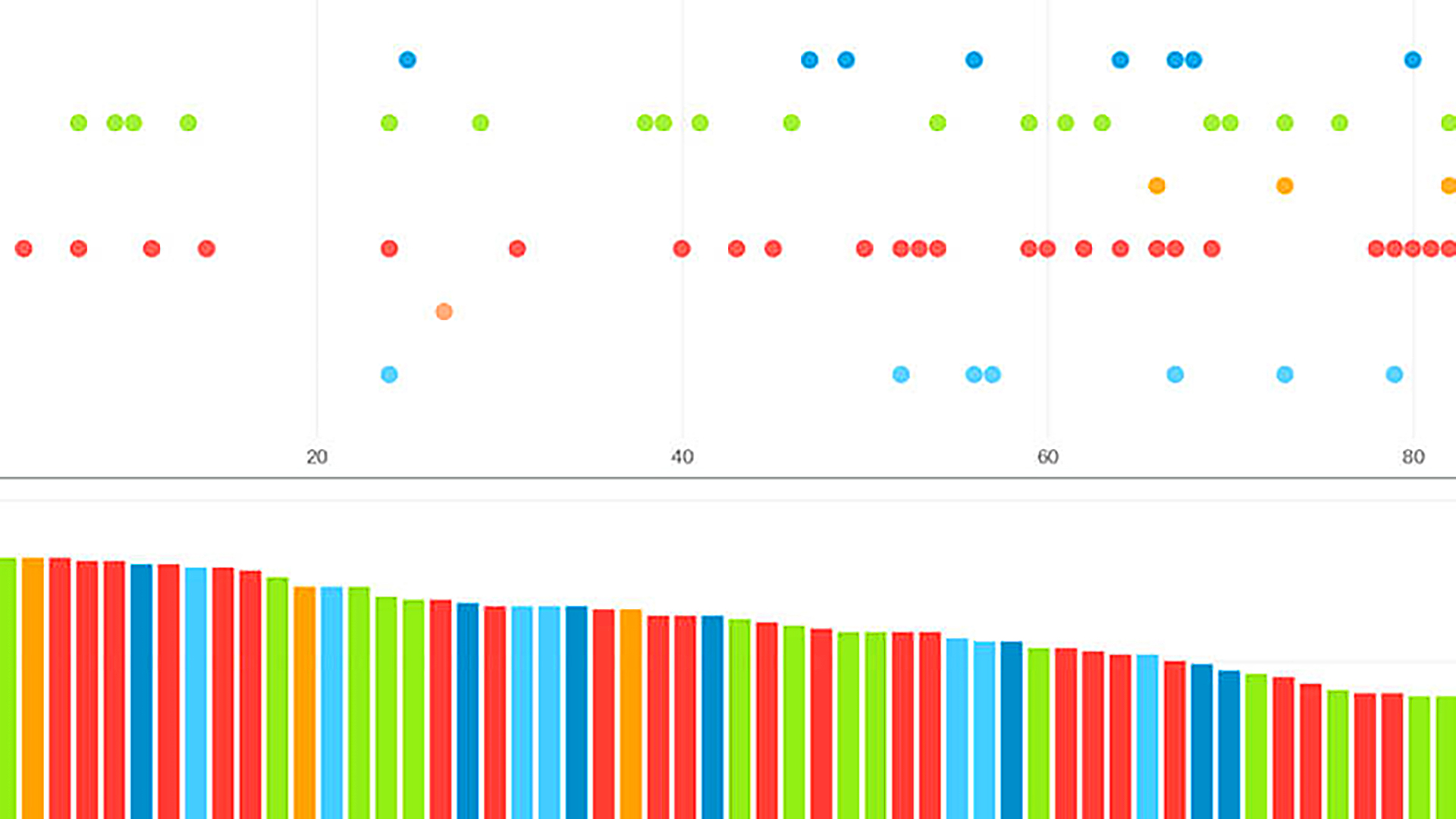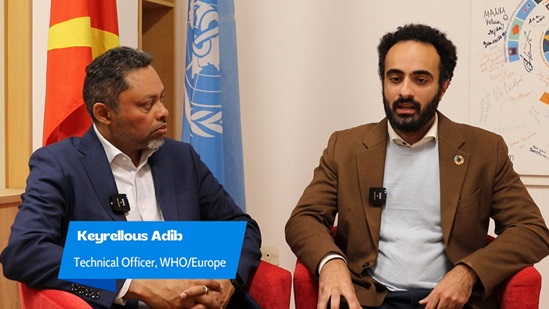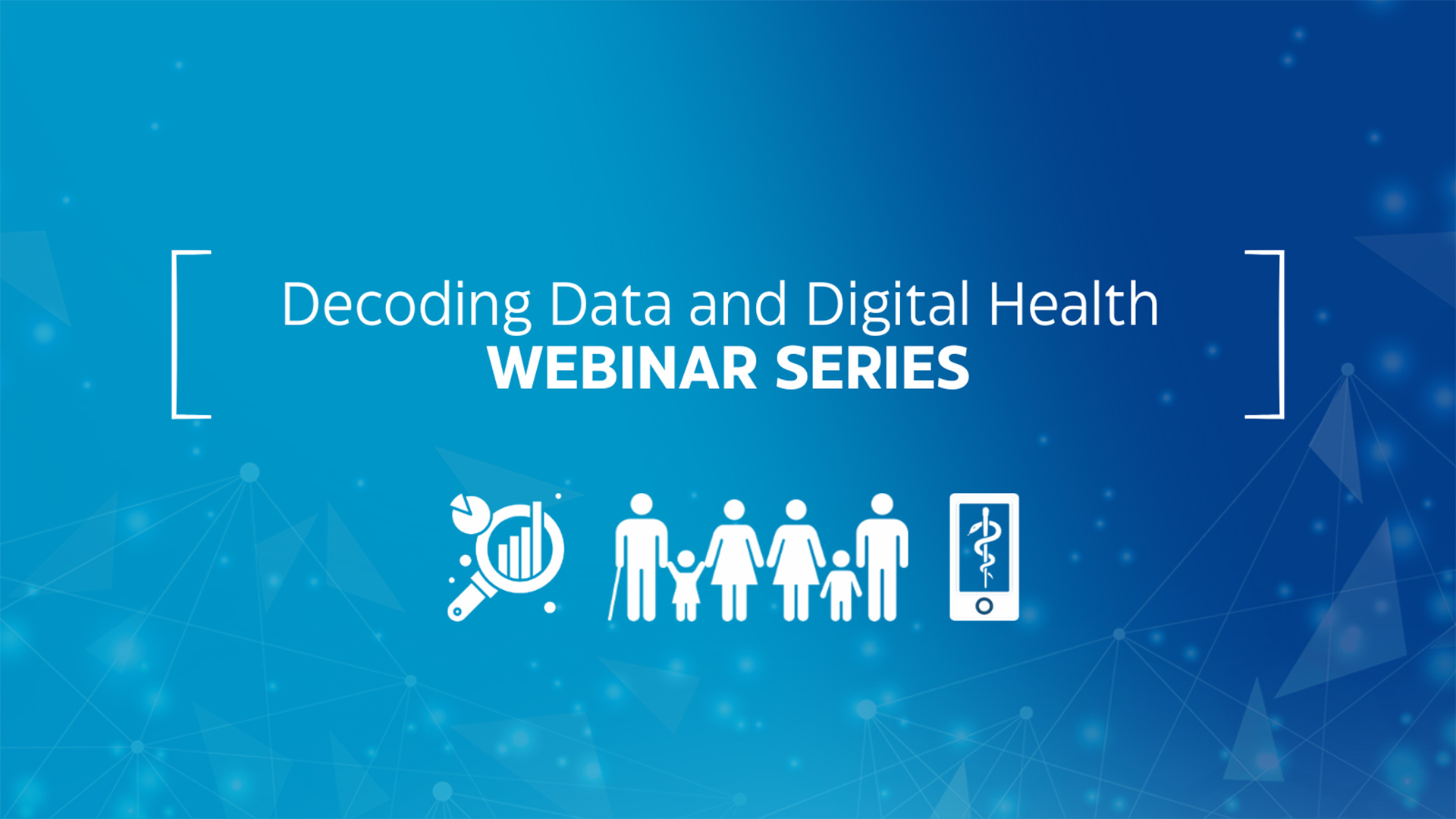Partnering with the EU to strengthen health information systems, data governance and interoperability in Europe
WHO and the European Commission are working in partnership to make health-care services more accessible and efficient for the nearly 1 billion people living across the 53 countries in the WHO European Region.
Systems that store health-care data, including medical records, are known as health information systems. For these systems to be impactful and cost-effective, they need consistent and high-quality data. In addition, health information systems need to be able to connect and exchange information with each other across national and international boundaries. This is called interoperability.
Health data governance is an organized approach for managing, analysing and sharing medical data ethically and transparently. It plays a crucial role in ensuring the safe and ethical use of personal health information. When people trust that their health data is managed responsibly, they are more likely to participate in research, share information with health-care providers, and engage in digital health initiatives.
While digitalization has modernized health-care systems, introducing innovative ways of delivering care and harnessing the potential of data, the COVID-19 pandemic highlighted challenges for countries in using the vast and diverse amounts of health data effectively.
As part of the project, WHO and the European Commission are working to develop tools and technical guidance for countries to strengthen their health information systems and boost their health data governance and interoperability.
Key activities of the project include:
- establishing a Health Information Network and engaging strategically to strengthen health information systems and health data governance through knowledge communities, high-level meetings, workshops, webinars, technical consultations and policy dialogues;
- developing tools and capacities to strengthen health information systems, health data governance, data quality and interoperability in countries. This involves publishing relevant technical guidance; conducting assessments of health information systems and data collection practices; mapping gaps, needs, and areas of expertise; and exploring new data collection mechanisms through the use of the European Health Data Space (EHDS), a data-sharing framework for health data in the European Union; and
- implementing tools and capacity-building activities to strengthen health information systems, health data governance, data quality and interoperability in participating countries. This involves putting the technical guidance and tools that have been developed into action, as well as conducting study visits related to health information systems and health data governance.
The €12 million project is funded under the EU4HEALTH programme, Protect people in the Union and its neighbourhood from serious cross-border health threats, under the theme of health data governance and interoperability.











